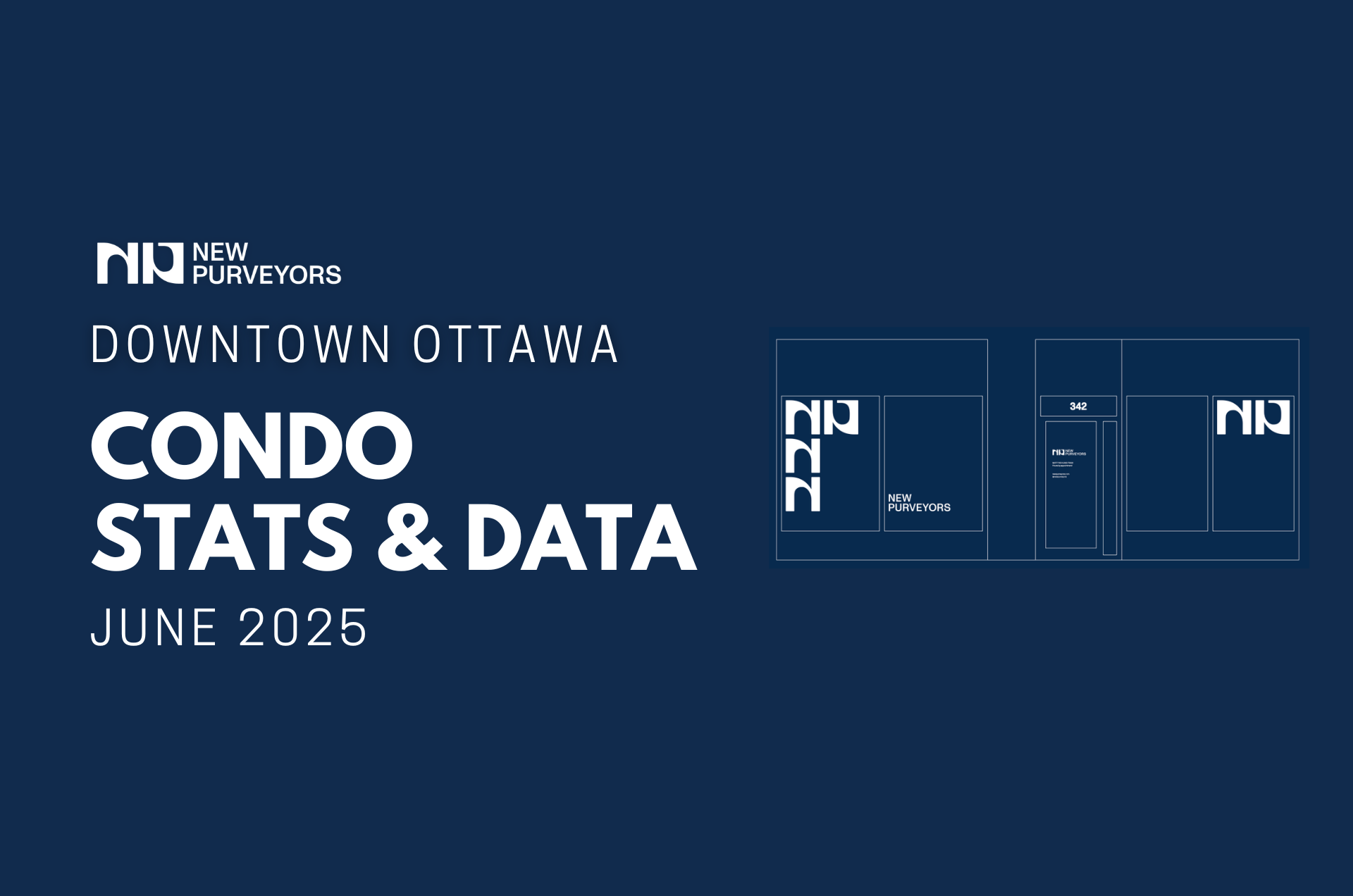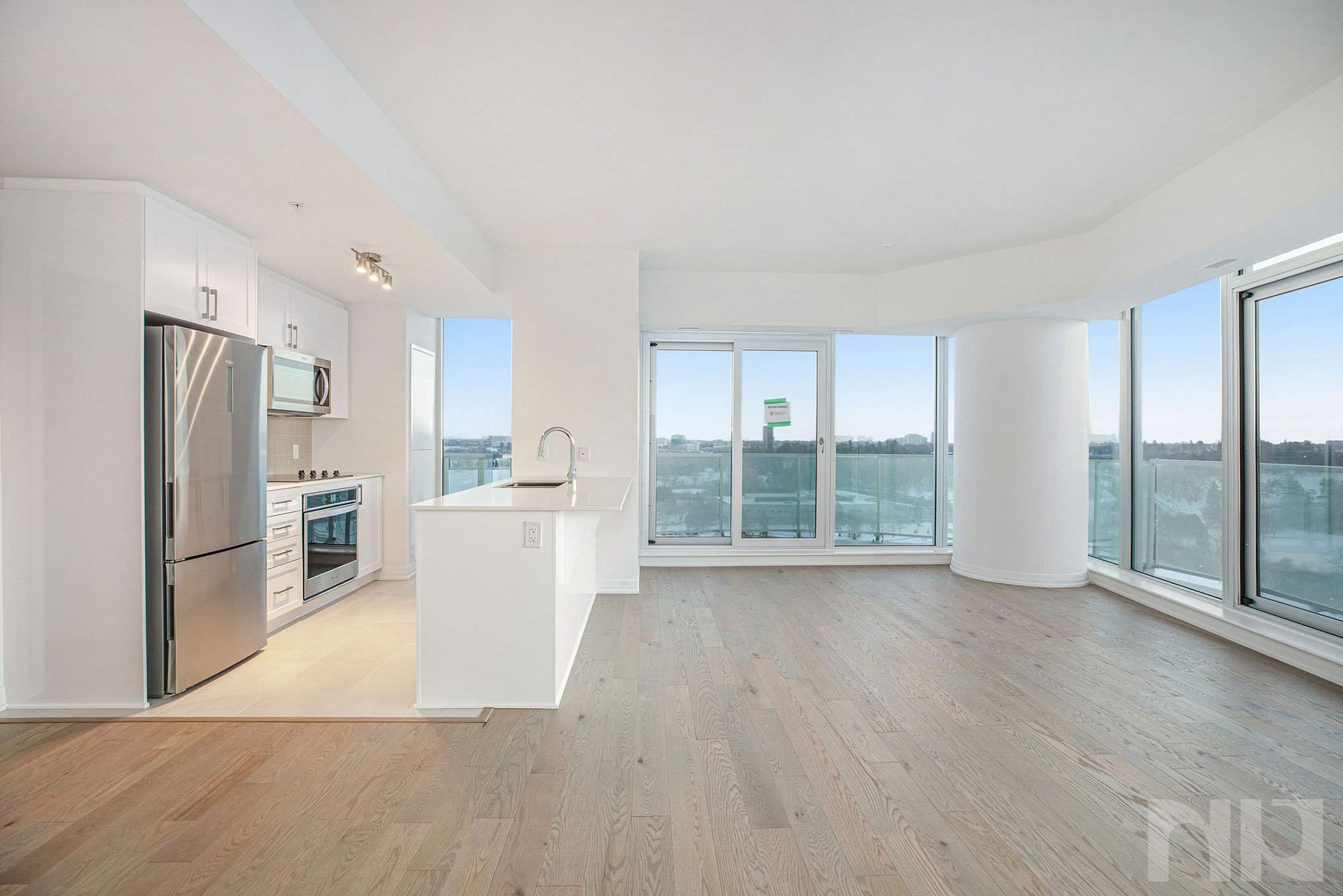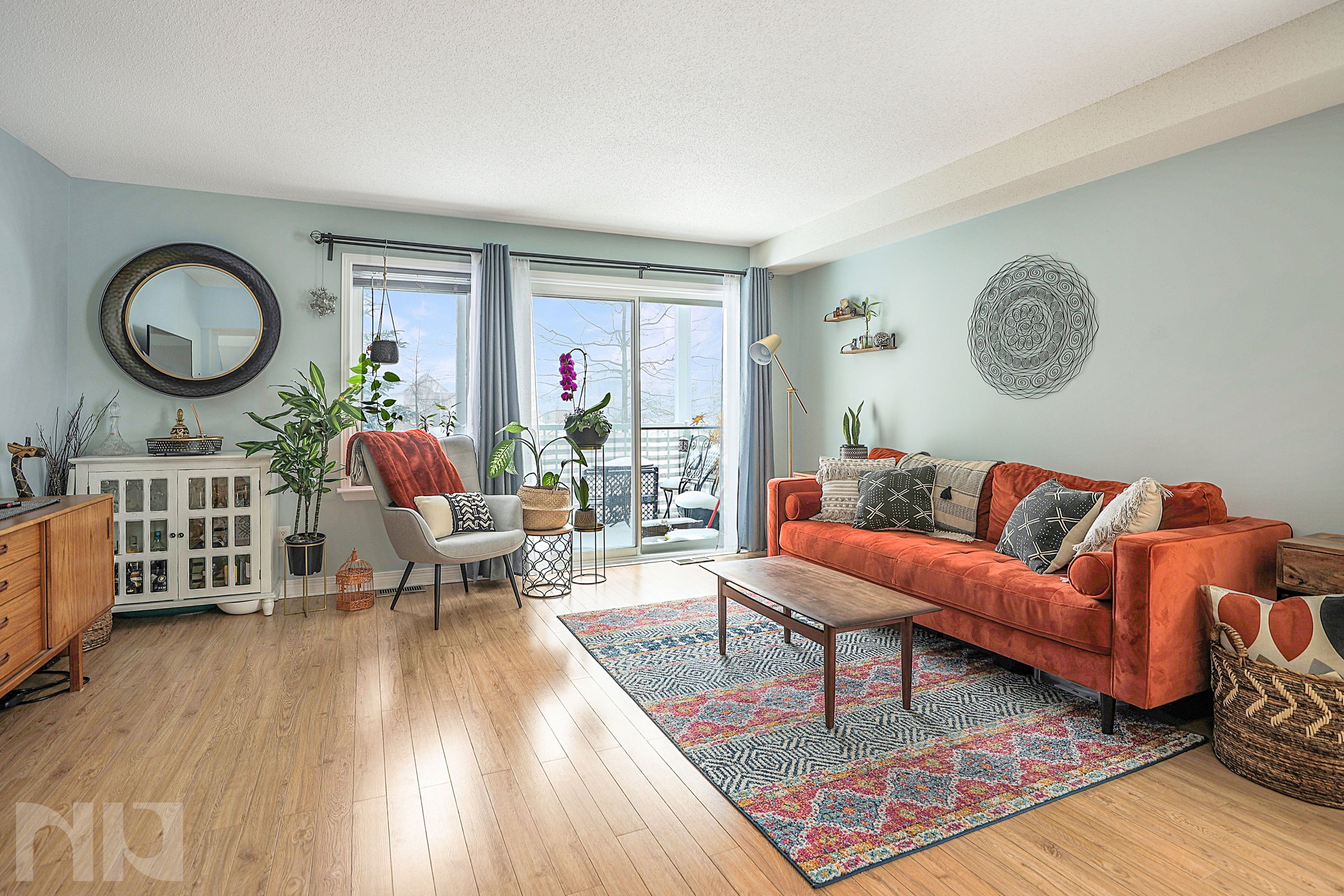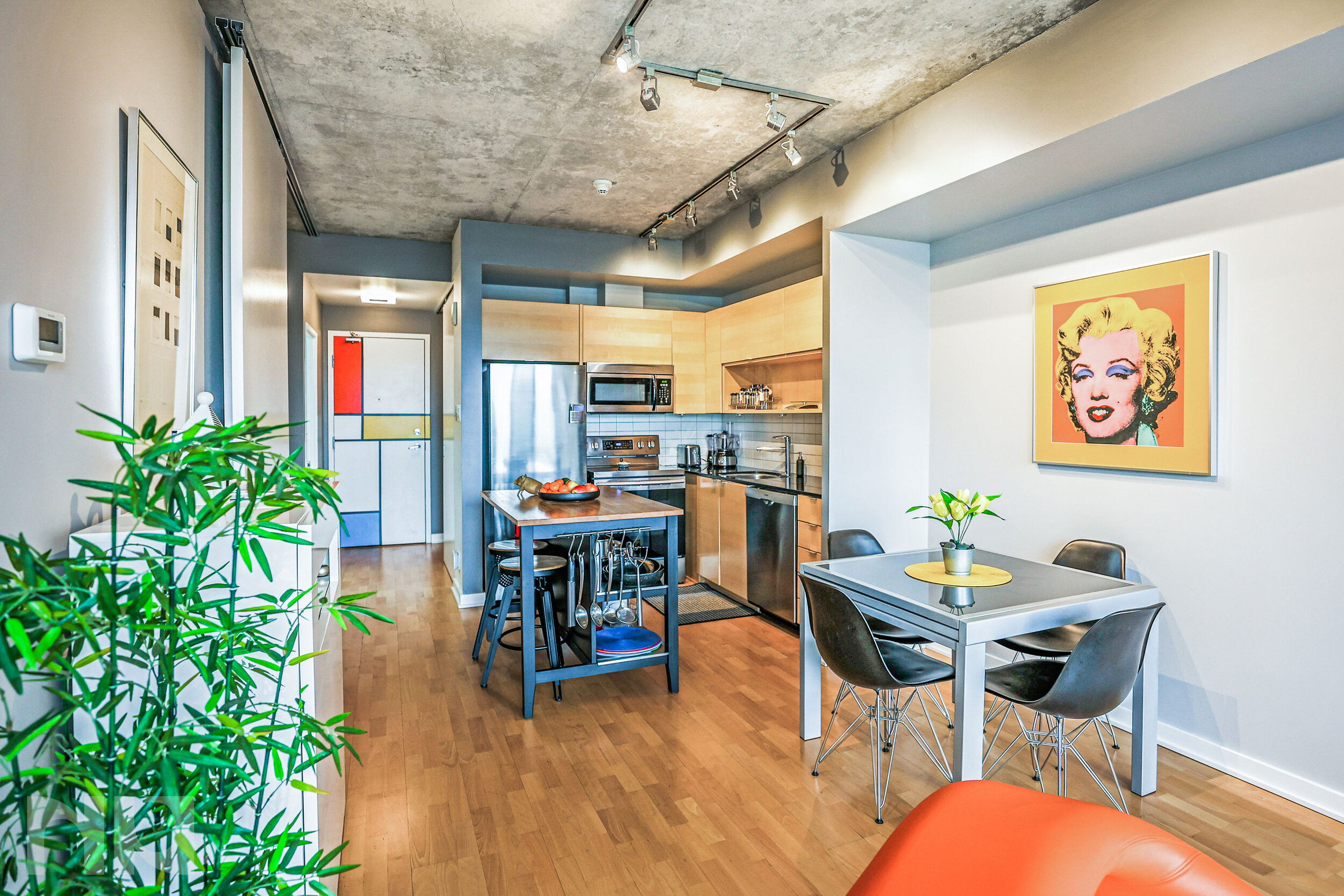As Ottawa's real estate landscape continues to evolve, condominium living emerges as a focal point of urban development and lifestyle preferences. With an emphasis on convenience, sustainability, and community, condominiums are at the forefront of innovative trends shaping the future of urban living in Ottawa. In this guide, we explore the transformative forces driving the condo market forward and the innovative trends poised to redefine the condominium experience in the nation's capital.
1. Smart Technology Integration
Smart Home Automation: Condos are increasingly integrating smart home technologies that allow residents to control lighting, temperature, security, and appliances remotely through mobile devices. From automated thermostats to voice-activated assistants, these innovations enhance convenience, energy efficiency, and security within condominium units.
Building Management Systems: Condo developers are implementing centralized building management systems to monitor and optimize energy usage, maintenance schedules, and security protocols. These systems streamline operations, reduce costs, and improve the overall living experience for residents.
2. Sustainable Design and Green Features
Energy-Efficient Buildings: Ottawa's condo market is witnessing a surge in energy-efficient building designs and green construction practices. From passive solar design to green roofs and rainwater harvesting systems, these features minimize environmental impact, reduce operating costs, and promote sustainable living.
LEED Certification: Many new condominium developments in Ottawa pursue Leadership in Energy and Environmental Design (LEED) certification, showcasing their commitment to sustainability, resource conservation, and indoor environmental quality. LEED-certified buildings offer residents a healthier, more eco-conscious living environment while enhancing property value and marketability.
3. Community-Oriented Amenities
Shared Spaces and Amenities: Modern condominiums in Ottawa emphasize community-building through shared amenities such as rooftop terraces, co-working spaces, fitness centers, and social lounges. These communal spaces foster social interaction, collaboration, and a sense of belonging among residents, enhancing the overall quality of life.
Concierge Services: Condo developers are investing in concierge services to provide residents with personalized assistance, convenience, and peace of mind. From package delivery and dry cleaning to event planning and travel arrangements, these services cater to residents' diverse needs and preferences.
4. Transit-Oriented Development
Proximity to Transit Hubs: With Ottawa's expanding public transit network, condominium developments are increasingly located near transit hubs, offering residents convenient access to buses, trains, and light rail transit (LRT) stations. Transit-oriented developments (TODs) reduce reliance on private vehicles, promote sustainable transportation alternatives, and enhance connectivity within the city.
Bike-Friendly Infrastructure: Condo developers are incorporating bike-friendly features such as secure bicycle storage, repair stations, and dedicated bike lanes to encourage cycling as a mode of transportation. These initiatives support active lifestyles, reduce carbon emissions, and contribute to a vibrant, bike-friendly urban environment.
5. Wellness-Centric Living
Health and Wellness Facilities: The future of condo living in Ottawa prioritizes residents' health and well-being by offering on-site wellness amenities such as yoga studios, meditation rooms, spas, and wellness programs. These facilities promote physical fitness, stress reduction, and work-life balance, enhancing residents' overall quality of life.
Biophilic Design Elements: Condo developers are incorporating biophilic design principles, such as natural lighting, indoor greenery, and outdoor green spaces, to connect residents with nature and create healthier, more harmonious living environments. Biophilic design fosters a sense of calm, rejuvenation, and connection to the natural world amidst urban surroundings.
The future of condo living in Ottawa is defined by innovation, sustainability, and a commitment to enhancing residents' quality of life. From smart technology integration and sustainable design to community-oriented amenities and transit-oriented development, condominiums are at the forefront of shaping the city's urban fabric and redefining the way Ottawans live, work, and thrive. By embracing these innovative trends, condominium developers and residents alike can create vibrant, resilient communities that reflect the values and aspirations of a dynamic city on the rise.
Interested in learning more? Reach out via phone or email!



























































